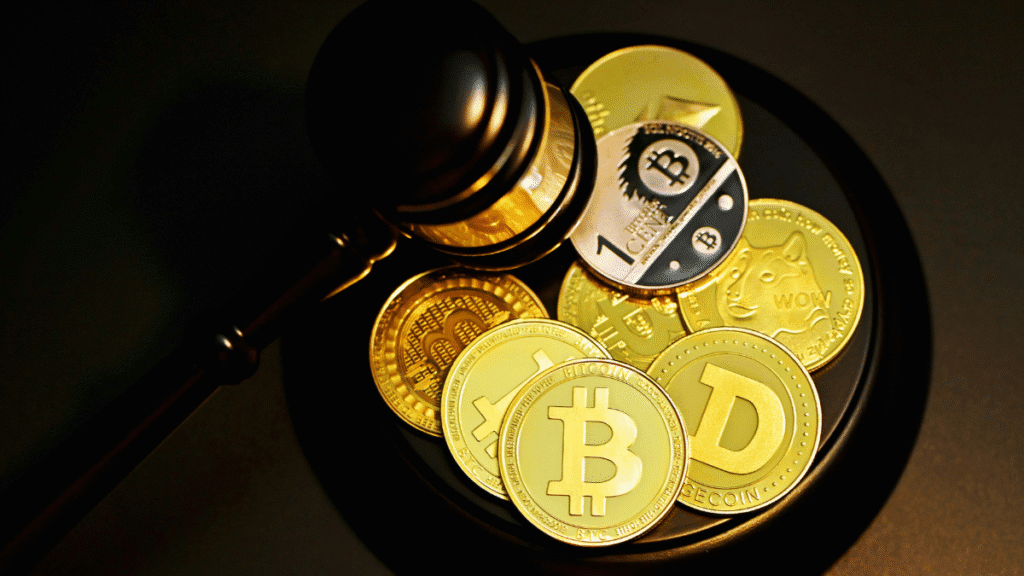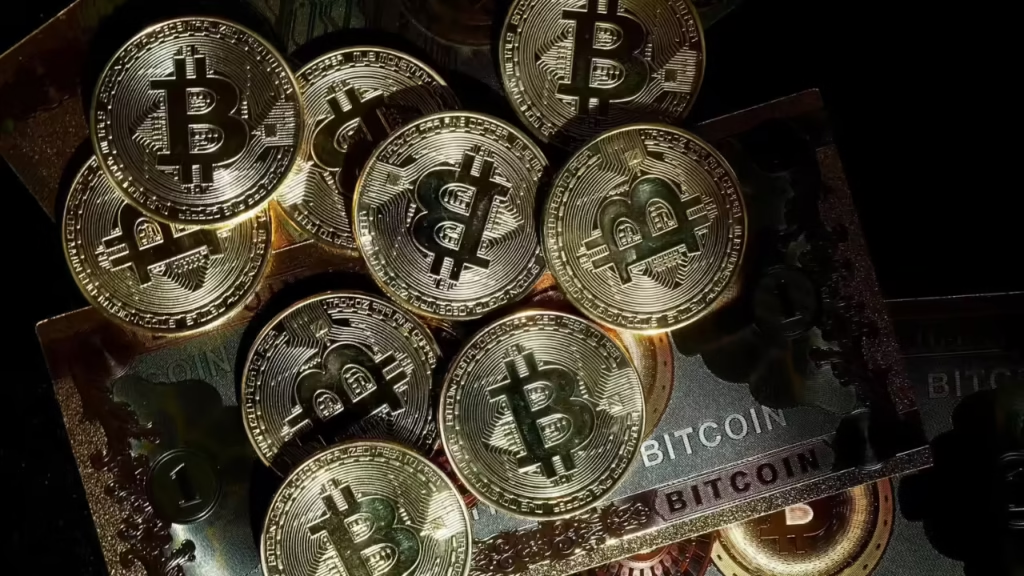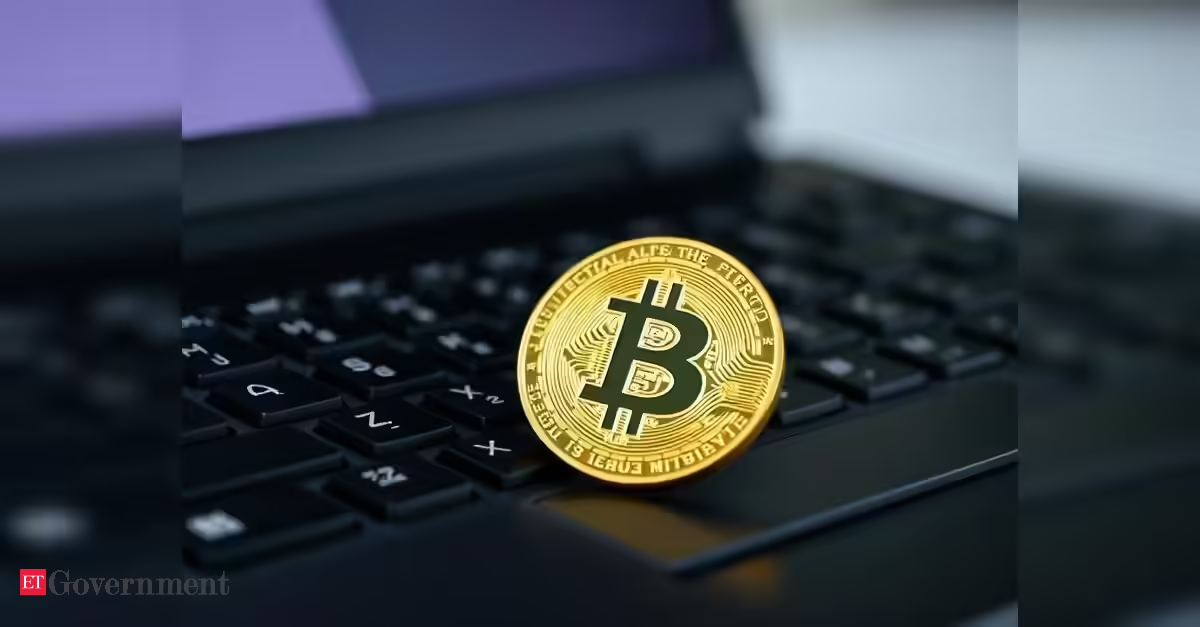Now Reading: Crypto Hacks Are Rising: What Indian Investors Should Know About Staying Safe
-
01
Crypto Hacks Are Rising: What Indian Investors Should Know About Staying Safe
Crypto Hacks Are Rising: What Indian Investors Should Know About Staying Safe

As more Indians dip their toes into crypto trading—from college students in Jaipur to small business owners in Nagpur—there’s a growing concern that often gets overlooked: security. While cryptocurrencies offer the promise of financial freedom, they also come with real risks. High-profile hacks and scams have already cost investors millions. And in most cases, the money is gone for good.
What’s Really Happening in the Crypto World?
Crypto platforms, wallets, and exchanges are increasingly becoming targets for cyberattacks. Hackers have managed to steal funds by exploiting weak security systems or tricking users through phishing links and fake apps. Even some of the most established global exchanges have suffered major breaches.
The appeal for hackers is simple: crypto transactions are fast, global, and once completed, irreversible.
Why Indian Investors Need to Be Extra Cautious
Unlike banks or regulated financial institutions, crypto assets don’t come with clear-cut protection in India. If your bank account is hacked, you have a customer support system, a complaint mechanism, and RBI’s regulations backing you. But in crypto? Recovery options are almost nil.
In cities like Bhopal, Ranchi, or Surat, where crypto awareness is growing but tech education still lags, people are more vulnerable to sophisticated scams—especially when they rely on word-of-mouth advice or social media influencers to make investment choices.
Common Types of Crypto Scams and Hacks
There are a few patterns that are becoming increasingly common:
- Fake crypto exchanges offering “too good to be true” returns.
- Malware apps that mimic popular wallets.
- Social media DMs promising “guaranteed profits.”
- Phishing emails asking users to enter their seed phrases or private keys.
What’s worrying is that many victims don’t even realise they’ve been duped until it’s too late.
What You Can Do to Protect Yourself
Here’s the thing: crypto isn’t unsafe by design—but your habits matter. Use hardware wallets for large holdings. Always double-check URLs before logging into an exchange. Never share your private keys. Enable two-factor authentication (2FA). And avoid clicking on shady Telegram links or trusting unsolicited investment advice.
Also, keep in mind: if someone is promising guaranteed returns in crypto, it’s likely a trap.
Conclusion
Crypto may be the future of finance, but it demands a higher level of personal responsibility than most investments. For Indian users—especially in Tier 2 cities where digital literacy is still evolving—the best defense is education. With the right precautions, the crypto space can be exciting and rewarding. But without them, it’s an open invitation to hackers

























